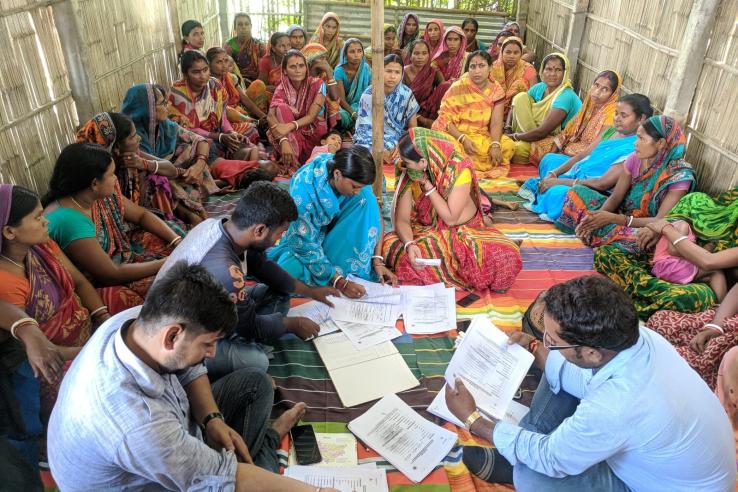Displaying 8086 - 8100 of 8339
Person
Person
Person
Michaela Chua is a Policy Associate at J-PAL North America where she supports the criminal justice initiative and racial equity team to create a more inclusive research network. She also works on the Initiatives Funded Projects (IFP) and the Affiliate and Invited Researcher Services (AIRS) teams...
Evaluation
Researchers conducted a randomized evaluation during the 2018 property tax collection campaign to test the impact of delegating tax collection to local chiefs. Where local chiefs collected taxes, households were more tax compliant than where state collectors collected, mainly because chiefs had local knowledge about property owners and could better target collection to those more likely to pay.
Person
Astuti Kusumaningrum (Tuti) is a returning Research Manager at J-PAL South East Asia where she works on the projects Reach Up and Learn and Disaster Index Insurance.
Person
Resource
Layout Page
What began in 2007 as a small group of development economists with unorthodox ideas to fight poverty has today grown into a team of over 200 leading the evidence-based policymaking movement in India. But our mission has remained unchanged: Helping governments adopt evidence-based policies to make...
Person
Person
Person
Person
Person
Person
Person

